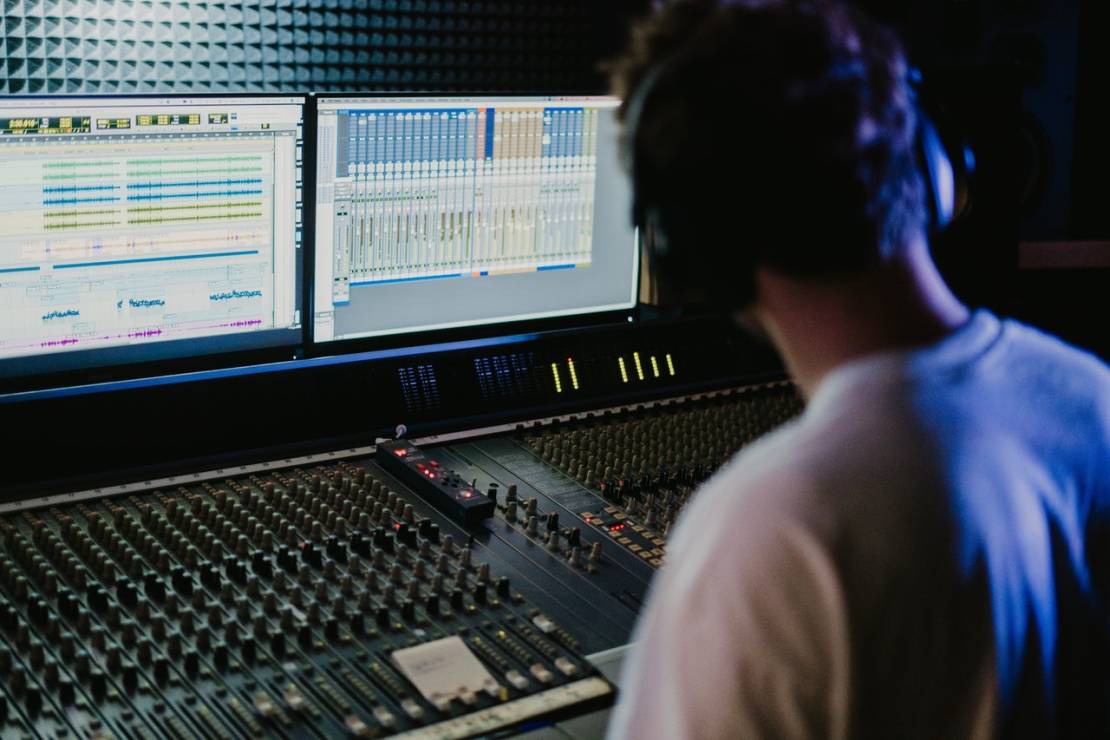
Creative destruction is a phenomenon that bears causalities in every industry. In the music business, the shift from vinyl to streaming has had a detrimental impact on those who write their music. Artists are perplexingly receiving a smaller portion of this revenue than ever, even though more music is accessible to more people than ever before and profits in the sector are on the rise. The music business is entering uncharted territory. Because artists are entitled to equal pay for their work, it will take a long time and effort on the part of business leaders to change the existing structure.
Buying the latest Aerosmith or Johnny Cash album in a music store in the 1970s would have cost about $35 today (being between $6 and $7). Based on the assumption of 15 songs per album, a song would be worth about $2.33.
In the early '90s, CDs and "Discman" players were all the rage. For example, a Rod Stewart or Celine Dion album from 1995 cost around $30 in today's money (around $17 back then). A song was worth about $2 once again, giving you an idea of how valuable music is to collectors.
In 2005, when the iPod and other mp3 players were on the market, you could download a song from iTunes for $1.40 in today's money (around $1 back then).
By this time, you must be able to predict where this is heading. The value of a single song fell by more than 60% between 1975 and 2005, and it's not even close to the bottom. Today, in 2022, anybody with a credit card and an internet connection can join one of the many streaming services for $10 per month, allowing them to listen to millions of songs without limits. That has caused music to be nearly worthless, at a perceived value of maybe $0.000001 per song.
One consequence of this development has already been thoroughly discussed; nevertheless, one impact isn't given enough attention. Because most individuals aren't aware of the importance of music, session musicians throughout the United States receive just 63 cents for each dollar paid in streaming revenues, while those employing these artists earn millions of dollars from their services or music releases.
One of the leading music creation services revealed its compensation package publicly on TV in front of millions of people. That particular business pays session musicians between 35% and 55% of their revenue, with the largest price tag being $230 for a custom-written and composed song that has been fully instrumentalized (no pre-recorded or re-used material) using at least five instruments including a guitar, bass, drums, piano, and a mix and master (fully mixed and mastered). We're going to break down the musicians' hourly rates.
First and foremost, as a music producer and songwriter for over ten years now running a music production business that has provided almost 30,000 tracks to over 2,000 songwriters in the last four years, I know that not many (if any) session musicians are capable of handling an entire project from start to finish. For the sake of this calculation, how long would it take one musician to complete a song?
Without using any pre-recorded, reused parts from other songs, it would take between 12 and 22 hours to produce a song at a professional level. This would also necessitate the use of high-quality recording equipment and sound-treated recording space for much of the time spent on the track. Many musicians are self-employed or freelance. This costs between $50 and thousands of dollars to incorporate soundproofing material into their place. They charge $230 for their top package, and they pay between 35% and 55% of the revenue (let's take the median of 45%). Typically, a musician on average makes $103.50, or $4.70 to $8.63 per hour. Something must be done to improve this situation.
The problem is being actively addressed by many businesses, including my own. With blockchain technology, smart contracts can be utilized. Artists and songwriters will be able to get compensated immediately under the old royalty system, whereas smart contracts enable artists and song creators to get paid as soon as a song is played. Furthermore, the blockchain provides far more transparency, allowing listeners to find out who owns a song and all associated creatives.
The music business should also set an example. If the music industry doesn't value musicians, how can we expect society as a whole to do so? We need industry leaders to speak up for all musicians at every stage of the creative process. While I appreciate Paul McCartney, Kate Bush, and other artists' efforts to change the way musicians are compensated for song streams, it is only the first step. Their protests prove that musicians are standing up for others. Record label executives must prioritize their employees' well-being above profits for a reform to occur.
Musicians at Tunedly are paid between $15 and $30 per hour, depending on their experience level. Other companies, such as The Online Recording Studio, SoundBetter, and Muso, have similar prices to make positive changes. Hopefully, those who are solely focused on a quick profit will be pushed out of the market or join them and help to restore value in music.
Thanks for stopping by Tunedly, your go-to online music studio, music publisher, and masked music discovery service.




